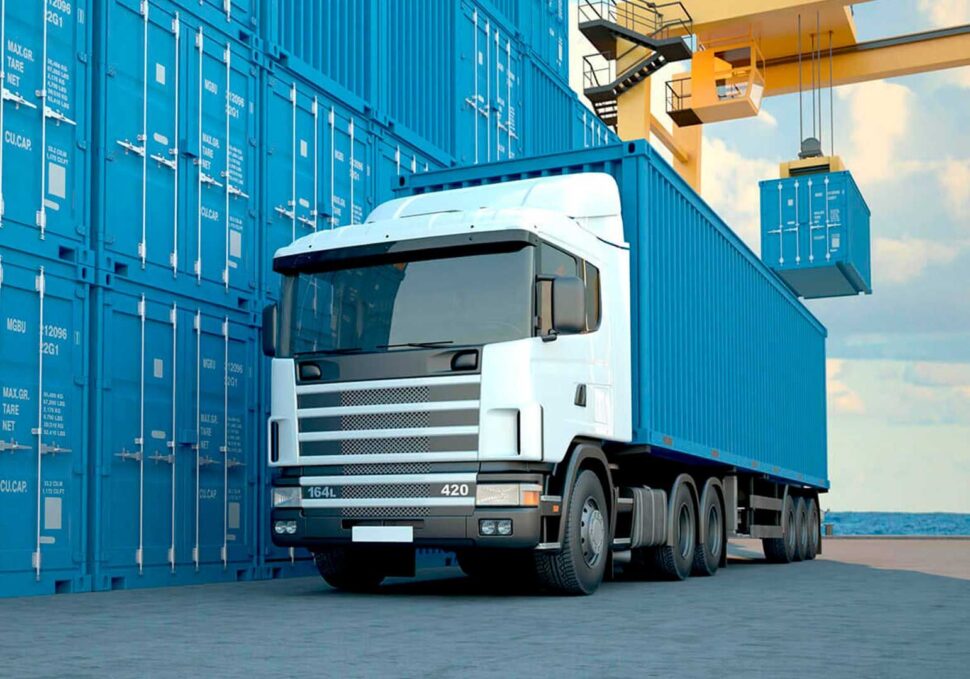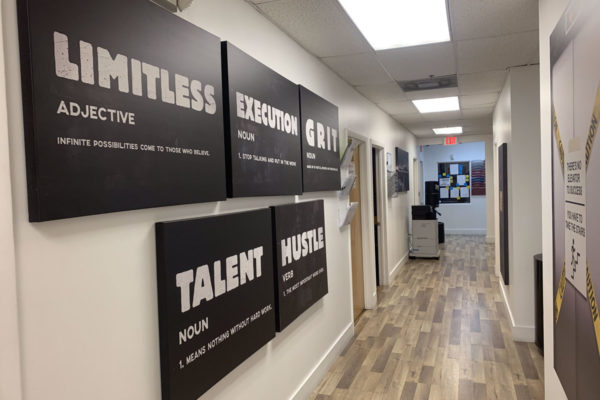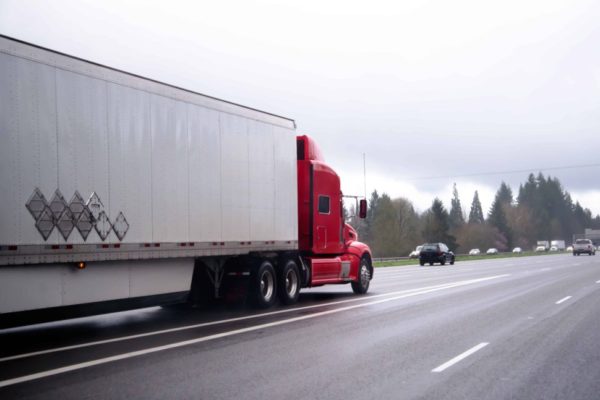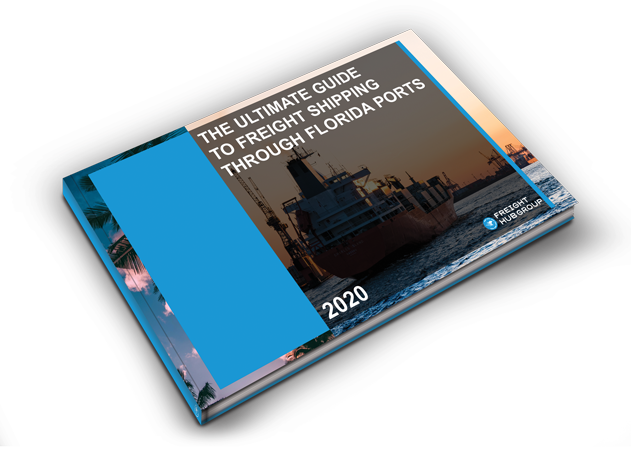
In the business world, there are always terms and concepts that can be confusing, especially when you’re new to the industry. One such term is Volume Logistics. Simply put, volume logistics is the coordination and management of transportation resources for freight that doesn’t require full truckload shipping or Container Freight Station.
This may sound like a complex process, but it’s actually quite simple. In this blog post, we’ll explain what volume logistics is, how it works, and why it’s an important part of the transportation industry and supply chain.
Ltl meaning in volume logistics?
Logistics is the process of moving goods from one point to another. Volume logistics deals with the transportation of large and bulky items, such as furniture or construction materials. Truckload LTL (less-than-truckload) means that the shipment is smaller than a truckload and can be transported using less expensive methods like rail, water, or air freight volumes.
The main reason why LTL carrier are cheaper is because they require fewer trucks and drivers. This saves both time and money for shippers and carriers alike. Additionally, LTL shipments are delivered faster than standard truckloads because they don’t have to wait in line at a distribution center.
When you order something online from a retailer like Amazon or Walmart, your order usually arrives within two days via UPS ground shipping . But what if you want to buy an item that’s not available in stock? In that case, your order will likely arrive via LTL shipping instead . That means your package will travel by train , ship by sea , or fly through the air — all while being small enough to fit inside a cargo container .
LTL shipping is often used for small packages
So we can say that: LTL shipping is often used for small packages that are too heavy for ground transportation but not large enough to require freight vans or refrigerated containers. This type of shipping is often referred to as “parcel freight” because it moves smaller items from one location to another.

Why is LTL important?
There are several reasons why LTL important for your business; however, some of important are as follows:
- LTL is important because it saves time and money.
- It can help companies to reduce overhead expenses.
- LTL is a way to transport goods at a lower cost than using other methods of transportation like containers or courier services.
- It allows companies to transport multiple orders at once, which makes it easier for them and their customers to manage their freight needs
LTL shipping vs. FTL
In volume logistics, LTL (less-than-truckload) shipping is the most common type of shipment. It’s also known as “last mile” shipping because it covers the last leg of a freight journey from the point of origin to its destination.
LTL shipments are typically less than truckload shipments in size and weight. This means that they can be transported using smaller trucks and trailers, which makes them more cost effective for small businesses and retailers who need to ship products within a specific timeframe or within a limited geographical area.
FTL (full truckload) shipping is the most expensive due to its shipping costs option because it uses larger trucks and trailers that can transport heavier loads over longer distances. FTL freight shipments is best suited for companies who need to ship large items or those who want faster delivery times.
Some of best 3PL companies (third party logistics) providers offer both LTL and FTL services, so you can choose the one that’s best suited for your needs..
What are the Advantages of LTL Shipping?
There are many advantages to using LTL shipping for your business. Here are just some of them:
- It’s Less Expensive: Depending on where your business sells, LTL shipping can be less expensive than moving your goods by truck. This is because it cuts down on mileage and storage costs, which makes it easier for you to make more money from your shipments.
- It’s More Secure: When you ship via LTL shipping, you’ll be taking advantage of insurance coverage available through the shipper’s network. This means that if anything happens during transit, such as damage or loss, you’ll be covered by the carrier who is transporting your goods.
- You Can Use It On Multiple Types Of Goods: You can use LTL shipping on any type of merchandise or product — whether it’s consumer-grade products like electronics or office furniture; or industrial products like machinery parts or pumps; or even large shipments.
- Faster delivery time: for the buyers, especially if they are international customers or big companies that have a lot of shipments per day

What are the Disadvantages of LTL Shipping?
The disadvantages of LTL shipping are many, but the most common is that it takes longer to deliver a shipment.
- This can be problematic for businesses with tight deadlines or those who need their products delivered quickly.
- Another disadvantage is that LTL shipments often require more resources and manpower than other types of shipping. Because these shipments are less frequent, they also tend to take up more space in warehouses and increase the cost of storage.
- Additionally, because LTL ships use smaller trucks and trailers, they may not be able to transport as much cargo at once, which can lead to delays when trying to fill orders from large customers.
In short, there are many reasons why businesses might choose LTL over other shipping methods-but the main reason usually has nothing do with the logistics involved in moving goods themselves!







